The Waiting
If you are filled with anger or anxiety about the uncertainty of an election, just remember that there are many more who feel the exact same way as you - including those who would passionately disagree with you. In the United States, that would probably be upwards of sixty million people. People who are also worried about their families and communities, people who have a stake in what happens next. People who might feel as much as you do that those they disagree with present a real threat to their values.
What do we do with that?
It is easy to discount the views of others, writing them off as the crazy uncle at Thanksgiving or the unbearable zealot on social media. But doing that only creates further divisions in an already seemingly divided world - something that many of us worry about. The hard part is realizing the humanity in the others, seeking connections based on shared values, and giving them the grace that we wish others would give to us. It is even harder to think that we might be wrong about something. But that the embarrassment of being wrong does not excuse us from being disagreeable to those who we disagree with.
Yes, the stakes are high. But I would argue that the expressions of our values matter just as much in the process as they do in the end result. If you don’t believe in autocratic rule, then don’t practice it by suppressing the concerns of others. If you believe in justice, remember that it is a process and not a result - a fair process can neuter the malice of an unpopular outcome.
So while we are waiting to see what happens next, perhaps it is a good time to think about what how we would like things to happen next time: how we can improve on processes for those who hold contrarian views so that we can engage in a fair process, how we can do a better job connecting and healing, and how we can put more care into the moments before and after the results come in.
